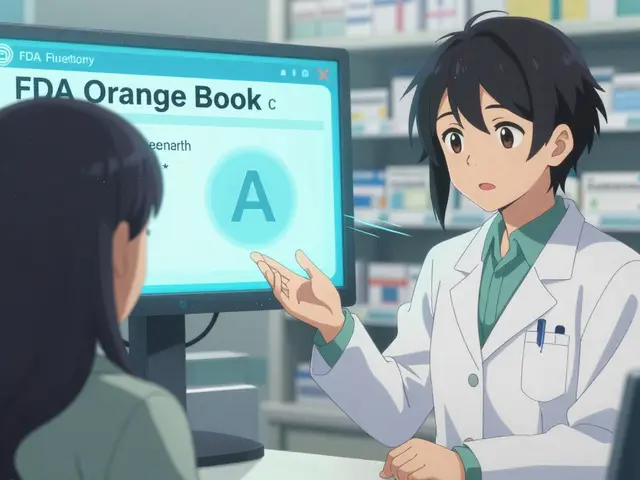Fertility Drugs: What They Are and How They Work
When you hear the term fertility drugs, medications that help people conceive by stimulating ovulation or supporting early pregnancy. Also known as reproductive medicines, they play a crucial role for anyone trying to start a family.
One major branch of treatment is ovulation induction, the process of using drugs to trigger the release of an egg each month. This approach is the backbone of many fertility plans because it directly tackles the most common cause of difficulty—irregular or absent ovulation. In plain terms, ovulation induction encompasses a set of medication strategies that aim to coax the ovaries into a regular rhythm.
Key Players in Ovulation Induction
Among the pills that doctors prescribe, clomiphene, a selective estrogen receptor modulator that tricks the brain into thinking estrogen levels are low, prompting the ovaries to produce follicles is often the first choice. It’s cheap, taken orally, and works well for many women with polycystic ovary syndrome. The basic idea is simple: clomiphene requires the body’s natural hormone cascade to do the heavy lifting, making it a gentle start to the journey.
When clomiphene isn’t enough, doctors may turn to gonadotropins, injectable hormones like FSH and LH that directly stimulate the ovaries to produce multiple eggs. Gonadotropins are stronger, faster, and give more control over the timing of egg release. Because they act directly on the ovaries, gonadotropins influence the success rates of advanced procedures such as in‑vitro fertilization (IVF).
Speaking of IVF, the whole cycle often hinges on the same drugs. The IVF process, a laboratory‑assisted method where eggs are fertilized outside the body and transferred back later relies on precise hormone control to retrieve high‑quality eggs. Fertility drugs supply the hormonal environment needed for egg maturation, making IVF possible for many couples who otherwise couldn't conceive.
While the science is fascinating, the reality is personal. Anyone considering these medications should discuss dosage, timing, and possible side effects with a qualified specialist. Common issues include mood swings, bloating, and, in rare cases, ovarian hyperstimulation syndrome. Knowing the risks ahead of time helps you stay vigilant and act quickly if something feels off.
Cost is another big factor. Generic clomiphene can be inexpensive, but gonadotropin injections and IVF‑related drugs often run into thousands of dollars. Many clinics offer financing plans or insurance assistance, so it's worth asking about those options early. Success rates differ by age, underlying diagnosis, and the specific drug regimen, but the data show that when used correctly, these medications dramatically improve the odds of pregnancy.
Below you’ll find a curated set of articles covering everything from drug comparisons and safety tips to hormone interactions and buying guides. Whether you’re just curious about how a pill works or need detailed steps for purchasing a specific medication, the collection aims to give you clear, actionable information right where you need it.

Clomid vs Alternatives: Which Ovulation Drug Works Best?
Compare Clomid (clomiphene) with other ovulation drugs, see how they work, success rates, side effects, and how to choose the right option for fertility.
Continue Reading



